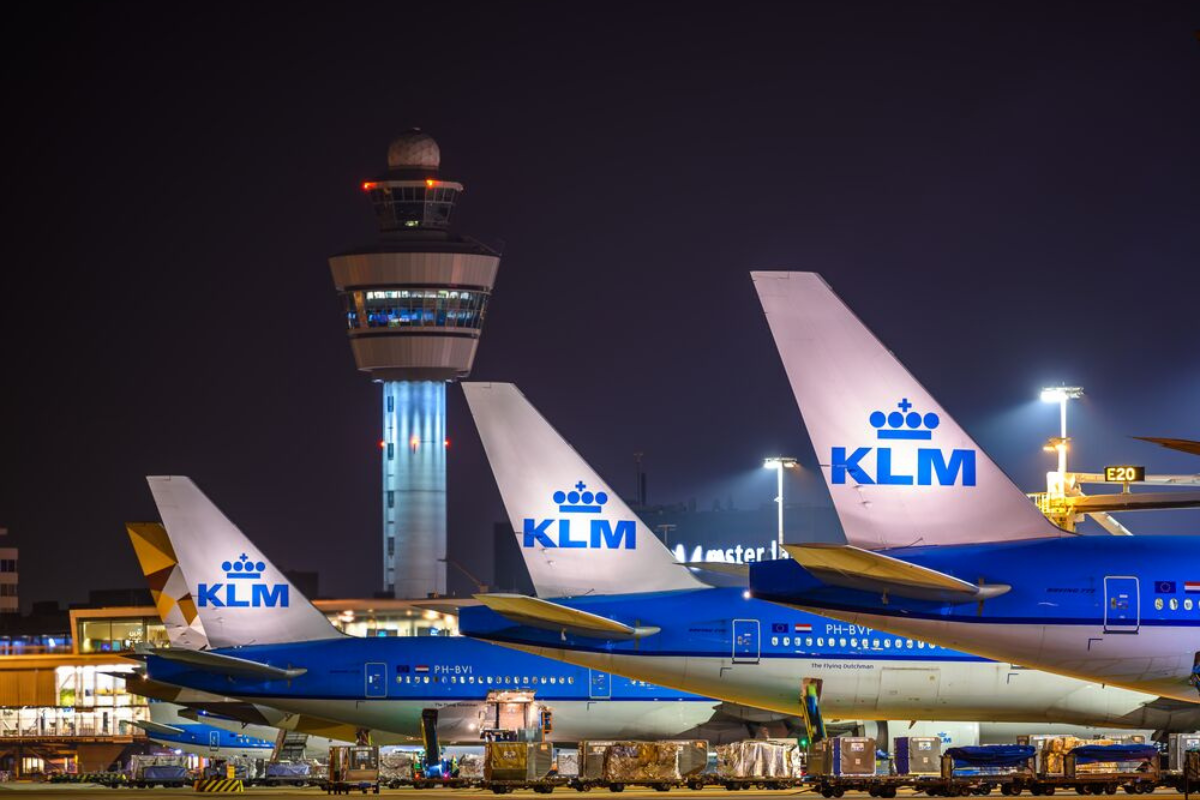The price of imported high-quality rice, sold loose, has surged by 144.77% year-on-year, reflecting the growing challenges in Nigeria’s food market.
This sharp increase comes as the Federal Government delays the full implementation of its duty-free food policy, which was expected to provide relief to consumers struggling with rising inflation.
According to the National Bureau of Statistics’ latest report on selected food prices, the surge in rice prices is part of a broader trend of escalating food costs in the country.
In July 2024, the government announced a 150-day duty-free import window for several food commodities, including maize, husked brown rice, wheat, and cowpeas, as part of efforts to combat the worsening inflation that has placed a heavy burden on Nigerian households
The policy, which was intended to provide temporary relief by exempting these food imports from import duties, also mandates that these commodities be sold at a Recommended Retail Price.
However, delays in the full rollout of the policy have meant that many of the targeted food items are still subject to higher import tariffs, contributing to the sharp rise in their market prices.
Despite claims and reports suggesting that the government’s duty-free food policy has started, there has been no official confirmation from the Federal Government, and efforts to verify the policy’s implementation have remained unsuccessful.
Since the announcement of the policy, however, the price of one kilogram of imported rice has increased by 3.21%, rising from N2,329.05 in July to N2,403.86 in September.
This marks a sharp contrast to the price of N982.07 per kilogram in September of the previous year, meaning the average price has more than doubled over the past 12 months.
The average price of a 50kg bag of imported rice has surged dramatically from N49,103 in September 2023 to N120,193 in September 2024.
The report showed that Kogi recorded the highest price for 1kg of imported rice at N3,180.99, while Katsina posted the lowest at N1,892.33 in September 2024.
Other categories of rice have also witnessed price increases since the July announcement.
Agric rice sold loose rose from N1,882.39 to N1,965.64 in September, marking a 4.42 per cent rise.
Year-on-year, the price of a 50kg bag of imported rice has jumped by 146.33%, rising from N797.98 in September 2023.
Among Nigerian states, Nasarawa recorded the highest price at N3,050.33, while Benue had the lowest at N1,314.13.
In addition, the price of broken rice (Ofada) saw a 5.61% increase from N2,234.06 in July to N2,359.47 in September.
Over the past year, the price of Ofada rice has surged by an astonishing 213.36%, reflecting the ongoing inflationary pressures in the country’s food market.
The price of locally sold rice continued on the same inflationary path. Loose local rice increased by 4.57 per cent, rising from N1,831.05 in July to N1,914.77 in September.
This reflects a 152.92 per cent increase compared to N757.06 a year ago.
Kogi posted the highest price at N2,688.04, while Benue had the lowest at N1,229.14.
Medium-grain rice also saw a 3.83% increase from July, with prices rising from N1,924.76 to N1,998.39 in September.
On a year-on-year basis, the price of medium-grain rice has surged by 147.66%.
Among the states, Kogi recorded the highest price at N2,836.52, while Katsina had the lowest at N1,515.38.










